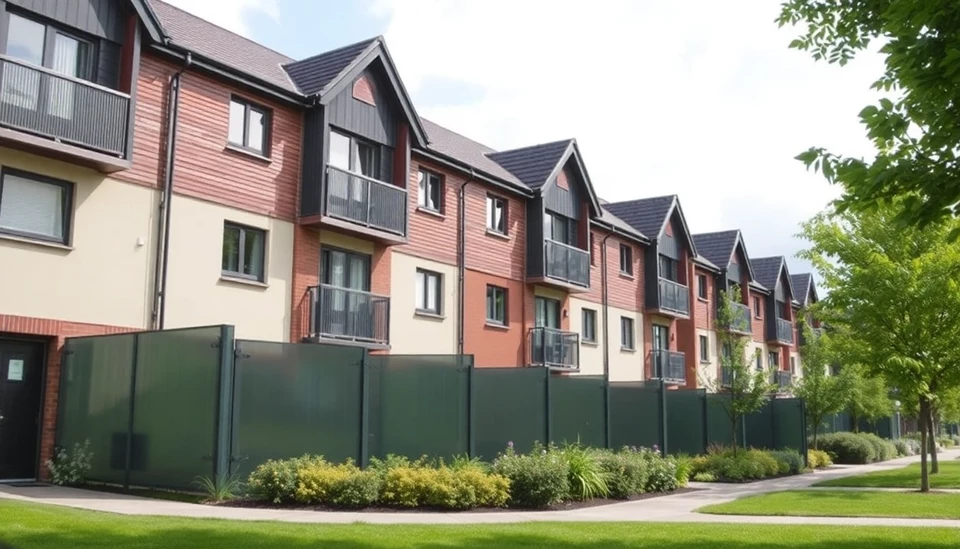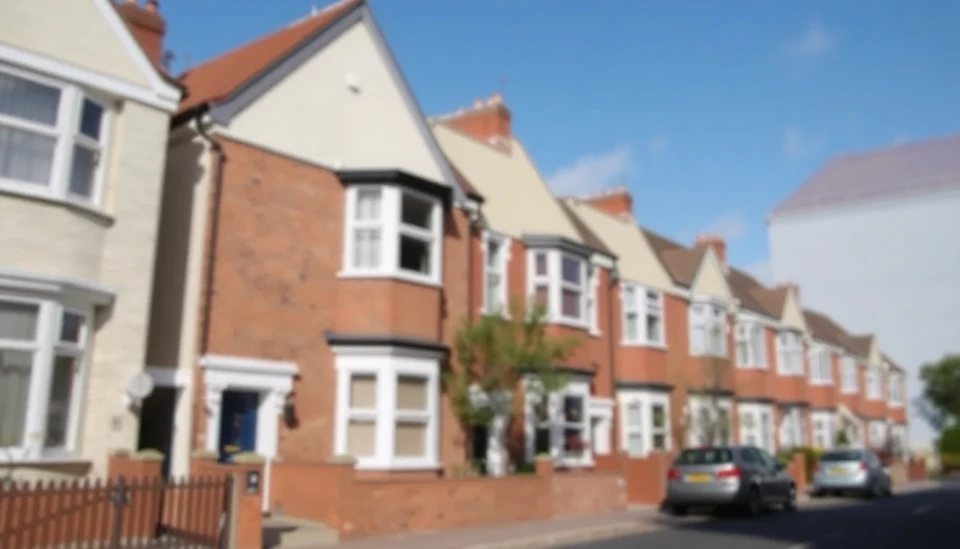
This importance-developing news about the UK's housing sector is that one of the leading housing associations in the UK has failed to meet the target concerning the ESG linked to a $400 million bond issuance. The news first came from Bloomberg on September 27, 2024. It indicates the ongoing difficulties faced by organizations looking to meet the increasingly onerous ESG criteria that investors and regulators demand.
The Housing Association once set ambitious goals on ESG: carbon emission reduction aligned with global standards, improvement in energy efficiency, and enhanced social outcomes of the housing projects. These were part of the conditions agreed to when the issuance of the $400 million bonds was arranged. Despite substantial organizational effort, it has fallen short of these commitments, which appears to spur stakeholder and investor concerns.
This could have much wider ramifications rather than the immediate financial implications of this deficiency. The inability to meet the ESG threshold might be translated into decreased investor confidence, possible fines, and finally reassessing future projects by the housing association. In fact, ESG has emerged as a critical factor within the financial industry, affecting everything from fundraising capability to corporate reputation.
The reason for the company not being in a position to achieve its goals in ESG is multifaceted. These factors include unexpected changes in regulations, logistical challenges in retrofitting properties, and financial burdens incurred during the installation of green technologies. Additional complications came via market conditions that raised or lowered the cost and availability of sustainable materials.
This missed target served as a lesson for the rest of the organizations in the sector. It gave an indication that the integration of ESG principles into the long-term business strategy is complex and full of hurdles. With the increased pressure on companies to adopt environmentally sustainable and socially responsible practices, this incident was supposed to remind one of how hard it is to live up to the high standards of such expectations.
The housing association has now vowed to go back to the drawing board to re-evaluate its ESG strategy and find the lacunae, with an objective of laying new plans for bridging the gap. Company executives have also promised a new impetus to bolster their ESG framework to avoid recurrence of similar situations in the future. They have unveiled a road map to ensure sustainable operations by partnering with green technology companies and increased transparency in reporting about the progress of their ESG.
This will be under scrutiny by stakeholders and ESG advocates alike-assessing whether the measures taken to correct the error will be enough to actually put the company on course in terms of its stated objectives. The increased scrutiny of such cases means that the experience of the housing association is likely to be used as a benchmark and a learning curve for other entities through the shifting landscape of ESG compliance.
This incident has drawn a line under the fact that realistic goal-setting, detailed planning, and adaptive strategies are not only desirable but also indispensable in meeting ESG commitments. It sent a wake-up call to organizations across the globe to be watchful and proactive with regard to their ESG pursuits, with the promise made to investors and the public faithfully kept.
Keep following our continuing coverage for more updates on this and related stories, and expert analysis.
#UKHousing #ESG #Bonds #SustainableFinance #HousingSector #GreenInvestments #EnvironmentalGoals #FinancialNews
Author: Sophie Bennett




